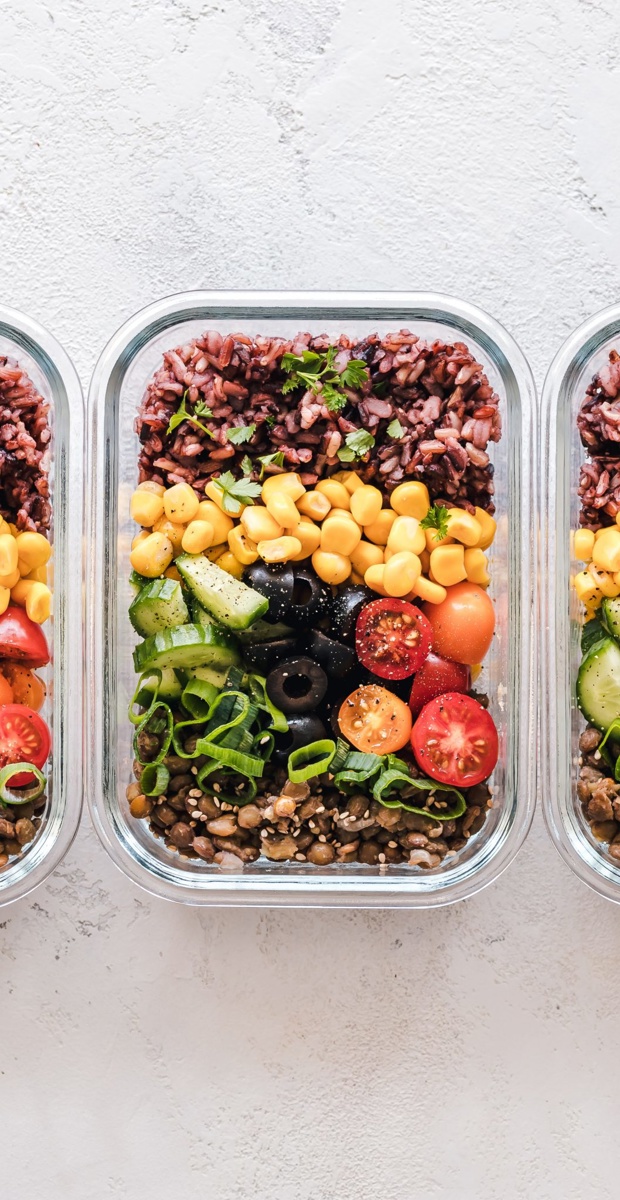It is important to have a balanced, varied diet that includes sufficient energy, protein, healthy fats and vitamins and minerals for the mother, fetus and breastfed baby. The goal is to cover the needs of both pregnancy and breastfeeding.
As with any pregnancy, the mother's diet must be varied and sufficient to meet the needs of the fetus, or its growth may be impaired. In this particular case, since the pregnant woman is breastfeeding a child at the same time, her nutritional needs are even greater. Here are some tips:- The Montreal Diet Dispensary encourages mothers to eat 6 times a day, having 3 meals and 3 snacks during their pregnancy. This way, the mother eats regularly, allowing the fetus to be fed directly without having to draw on the mother's reserves. It would be ideal to eat every 3 hours. Because the pregnant woman is also breastfeeding, she can increase her portions at meals and snacks.
- Eat a variety of foods at each meal and snack: colourful and diverse fruits and vegetables, whole grain products (rich in fibre), dairy products and meats and alternatives.
- In a practical sense, when the baby eats (is breastfed), mom eats too. A good snack should contain a source of carbohydrates and a source of protein. Some examples of good snacks are: toast with peanut butter, a bowl of cereal with a glass of milk, cheese and whole wheat crackers or raw vegetables and hummus dip.
- Each meal and snack should include protein: meat, poultry, fish, nuts, eggs, tofu, legumes, peanut butter. Protein is essential for fetal development, for the growth of the breastfed baby and for the muscles and strength of the mother.
- Healthy fats should be favored for the health of the mother and the baby, such as vegetable oils (canola, olive and sunflower), nuts and seeds, fatty fish (salmon, trout, sardines, mackerel) and non-hydrogenated margarines.
- Because vitamin C needs are elevated during pregnancy, pregnant women should consume foods rich in this vitamin, such as citrus fruits (oranges, grapefruits, clementine), orange juice, kiwis, strawberries, peppers, tomatoes, mangos, etc.
- Ensure proper hydration, at least 1.5L of water per day. When the baby drinks, mom drinks too. Clear urine throughout the day is a sign of good hydration. However, it is normal for the first urine in the morning to be dark.
- A prenatal multivitamin is recommended to supplement the intake of certain essential nutrients, notably iron and folic acid. To learn more about prenatal multivitamins, click here.
- The mother must take time to rest.
- Close pregnancies (a pregnancy occurring within a year of delivery)
- Vegetarianism
- Anemia
- Low income
- Psychological stress
- Leanness and inadequate weight gain for pregnancy.
